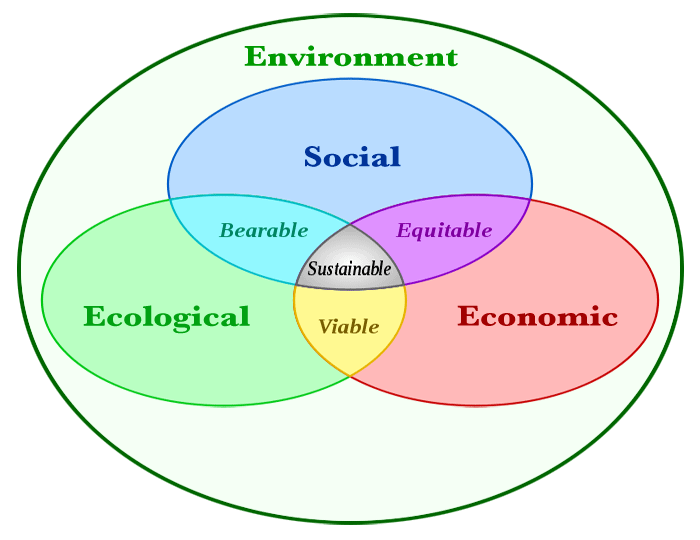
“We need to incentivize corporations, banks in tackling social issues”
Corporations and banks should get more involved in solving the problems facing the communities they belong to in order to gain more of the public’s acceptance and therefore grow on a sustainable basis. One way to encourage them to do that is to describe their social contributions in dollar terms to help the investors decide which firm they will put their money into, a scholar argues. “If the businesses are scored for their social value-improving work, it would be a great incentive for them to make bigger contributions,” Chung-Ang University Prof. James D. Jung told The Korea Times during a recent interview. “For that, a standardized system for calculation should be made to give consumers and investors additional criteria by which to make purchasing and investing decisions. Prof. Chung, an accounting specialist, has been trying to establish his formula. There have been some attempts before but so far they remain half done or a work in progress.
Jed Emerson, a prominent activist, is pushing for “impact investing” and promoting double or triple bottom lines. His extra bottom lines are aimed at reflecting corporate efforts in numerical terms to address social and environmental issues as in the conventional income statement but he expressed some skepticism for its complete success during an interview in October. “I diverge from Mr. Emerson’s stance because I am relying more on accounting methods,” the professor said. “And it is quite possible to accommodate the extra bottom lines within the current accounting practices.”
He talked about his step-by-step approach: “The first is what SK Group is doing ― double bottom line. It uses a relative base line to accommodate a variety of factors. Say there is an ‘underpaid’ group, compared with the average wage. If their pay is raised, it would mean the increased portion would be regarded as additional social value. As such, it employs a variety of ways so there are many different ways to express them.”
“What I suggest is a sense of absolutism. Besides the conventional bottom line showing operating profit by subtracting expenses from the income, we will identify expense-created social value and income-created social value in one line,” he said. He said a radical change of consciousness is needed on the part of both firms and investors to help his formula take root but it is plain to see that change as being inevitable. “Investors would ask the management why it would care to invest in doing good for society with the money that can boost their dividends,” he said. “Profit -making is the ultimate goal of businesses after all.” But that is where sustainable growth comes in. “If the companies work against common values ― contaminating rivers, burning trees and supporting disrespectful politicians, the investors would keep them at a distance because of the risks they carry,” he said. “Now, not doing a disservice to society is not enough. Rather, promoting those values actively is required.” That explains why some companies have a P/B ratio below 1 despite sizable tangible assets, he said. “Intangible reputation is a big corporate asset.”
Jung said that some extra incentives would help the firms take on a greater social role in their economic activities. “We need more firms to make declarations to the investors about their commitment to social and environmental issues,” he said. “The government may offer these firms tax benefits.” He said that once big firms take the lead, small ones will follow, which will create a virtuous cycle. “The consumers and investors have a role to play by letting people know their preferences for firms and banks that are actively seeking to address the social issues,” he said.
By Oh Young-jin
(Korea Times)


